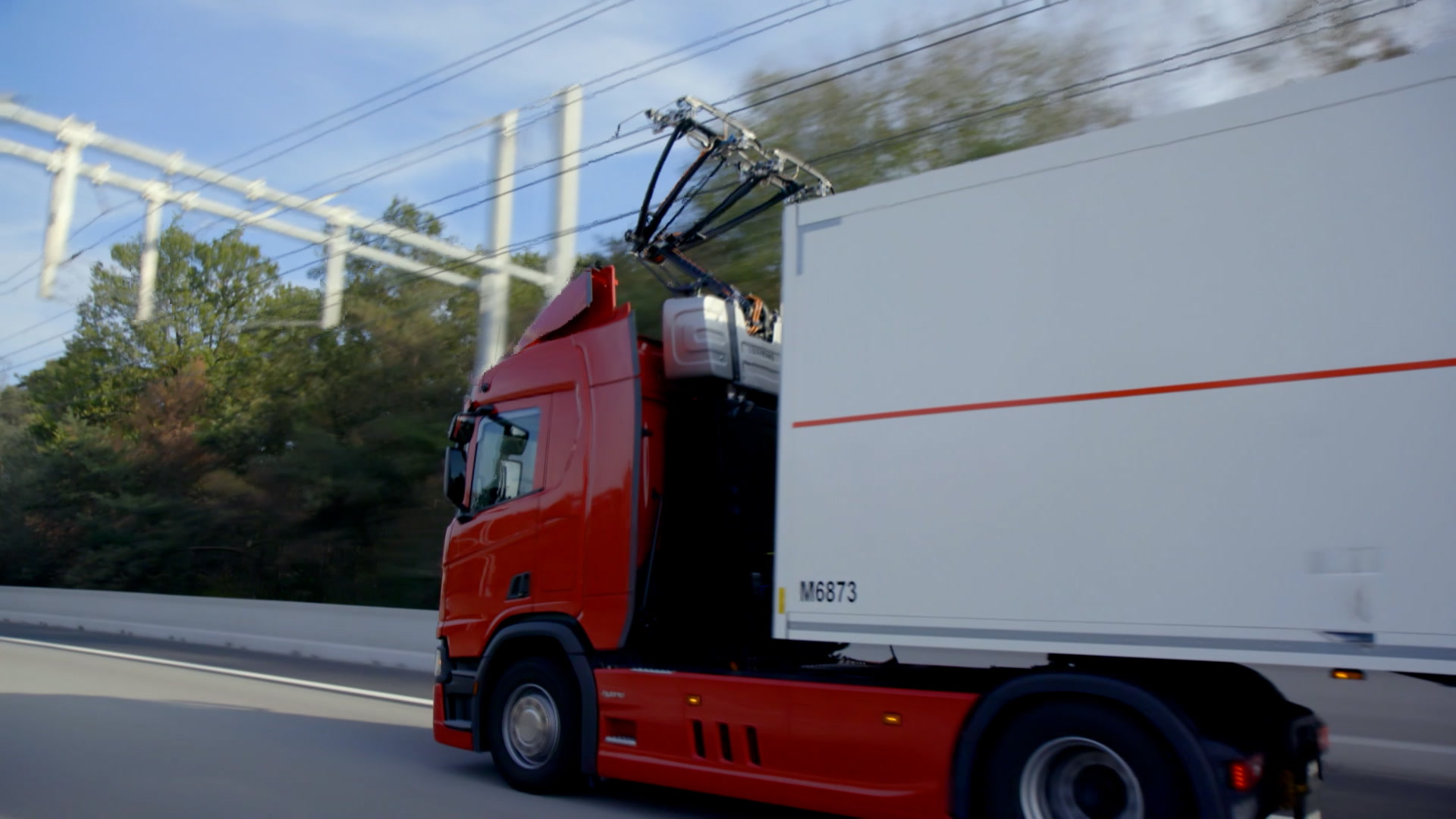Why the future of shipping is looking green and autonomous

Ships are now the latest transport to advance in technology, this infographic shows how. Image: REUTERS/Facundo Santana

Get involved with our crowdsourced digital platform to deliver impact at scale
Stay up to date:
Supply Chain and Transport
Space travel may be exciting, and self-driving cars certainly get a lot of hype.
However, there remains a good argument that the world’s oceans – and the ships that roam them – often get overlooked when it comes to advances in transportation technology.
How will shipping change in the coming years, and what trends can we look to for guidance on the future of shipping?
The Future of Shipping
Today’s infographic comes to us from Futurism, and it gives examples of ships already in production – or in the concept phase – that aim to make activity on the world’s oceans greener and more autonomous.

How does the future of shipping shape up?
There are two main trends that emerge from these upcoming ships: an increased use of alternative energy and higher levels of automation.
Greener Ships
Fuel accounts for about half of the operating costs of the shipping industry – so the type of fuel used to move ships between ports is paramount. Since the 1960s, heavy fuel oil (HFO) has been the dominant choice for the industry. It’s cheap and plentiful, but it’s also extremely dirty.
Shipping today only produces 3% of carbon dioxide emissions – but it’s areas like sulphur (15% of global total) and particulate emissions (11% of total) that are considered a bigger problem.
As a result, the industry is not only moving to use cleaner oil-based fuels – but some companies are aiming to use alternative energy as well. In the ships above, you’ll see the addition of LNG and fuel cells, as well as the use of solar and wind to help power the future of shipping.
More Autonomous Ships
Ships won’t only be powered differently – they will be navigated and steered using artificial intelligence along with the aid of commercial drones.
Rolls-Royce is building an autonomous smart ship right now with Google that will monitor its surroundings in intense detail, while making autonomous decisions on the deep seas.
"Autonomous shipping is the future of the maritime industry. As disruptive as the smartphone, the smart ship will revolutionize the landscape of ship design and operations"
– Mikael Mäkinen, President, Rolls-Royce Marine
Implementing this technology on the high seas has a longer development cycle than that for autonomous vehicles, but that doesn’t mean the idea is dead in the water.
It just means we’ll have to wait a little longer to see the future of shipping in action – and for now, the prospect of viewing all of the world’s ships in real-time will just have to suffice.
Don't miss any update on this topic
Create a free account and access your personalized content collection with our latest publications and analyses.
License and Republishing
World Economic Forum articles may be republished in accordance with the Creative Commons Attribution-NonCommercial-NoDerivatives 4.0 International Public License, and in accordance with our Terms of Use.
The views expressed in this article are those of the author alone and not the World Economic Forum.
The Agenda Weekly
A weekly update of the most important issues driving the global agenda
You can unsubscribe at any time using the link in our emails. For more details, review our privacy policy.
More on Supply Chain and TransportSee all
Rida Tahir
April 9, 2024
Kimberley Botwright and Spencer Feingold
March 27, 2024
Andrea Willige
March 19, 2024
Laia Barbarà and Claudia Galea
March 12, 2024
Zera Zheng, Rico van Leuken and Lars Karlsson
February 23, 2024






